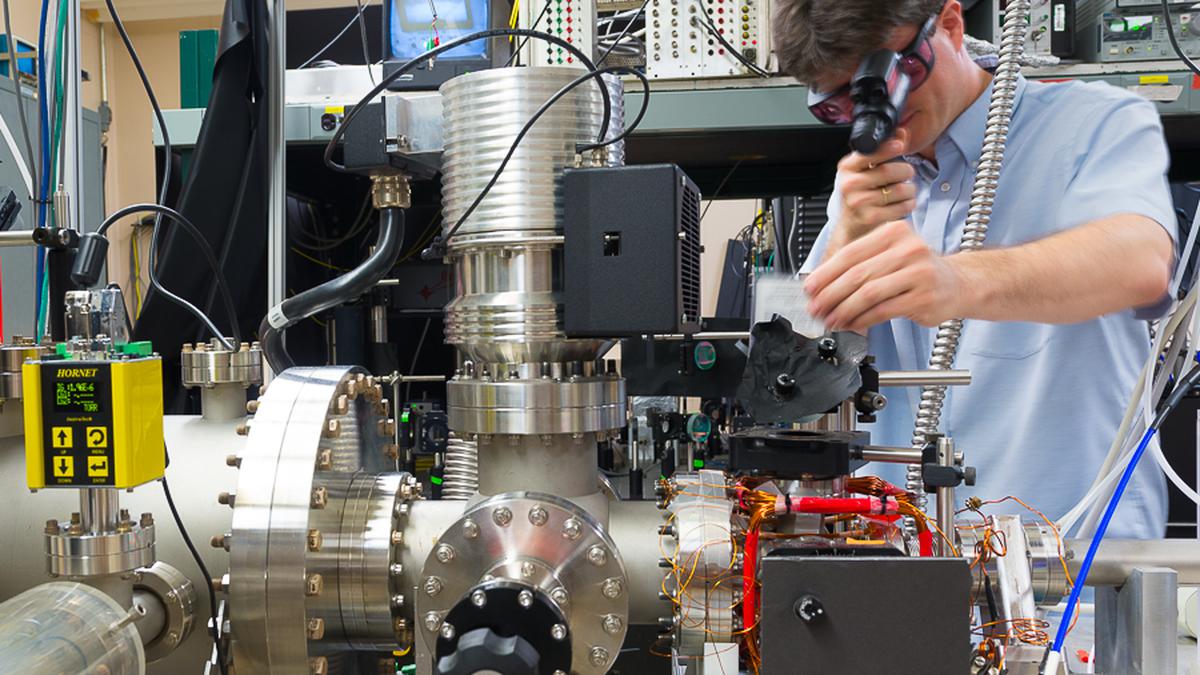A recent study found that Calcium-41 can be utilised in carbon dating in the same way that Carbon-14 can, but with additional advantages.

The Limitations of Carbon Dating
- Carbon-14 is an unstable and weakly radioactive carbon isotope.
- It is used to measure the age of carbon-based materials and has a half-life of 5,700 years.
- Radiocarbon dating provides accurate ages for items derived from live creatures.
- Carbon-14 cannot be used to establish the age of artefacts older than 50,000 years.
- Carbon-14 content is measured using three techniques: gas proportional counting, liquid scintillation counting, and accelerator mass spectrometry.
Calcium-41 is being introduced
- Calcium-41 is an unusual long-lived calcium radioisotope with a half-life of 99,400 years.
- It is found in the Earth’s crust and is created by cosmic ray interactions in the soil.
- Calcium-41 is less common than carbon-14.
Atom Trap Trace Analysis (ATTA) was used.
- ATTA is a technology proposed by scientists at China’s University of Science and Technology.
- It works by manipulating lasers and detecting neutral atoms.
- After vaporising the sample, the atoms are laser-cooled and put into a light and magnetic field cage.
- Calcium-41 atoms can be identified via electron transitions by varying the frequency of the laser.
Importance and Applications
- With a 12% precision, ATTA can detect one Calcium-41 atom in every 1016 calcium atoms in seawater.
- It is selective and avoids mixing with atoms of potassium-41.
- ATTA can be used to investigate various isotopes, including argon-39, krypton-81, and krypton-85.
- ATTA and Calcium-41 applications include dating ice-covered rocks and investigating Earth-science applications.
Source: https://www.thehindu.com/sci-tech/science/new-technique-welcomes-calcium-41-to-radiometric-dating/article66873304.ece#:~:text=In%201979%2C%20scientists%20suggested%20using,dating%20fossilised%20bones%20and%20rock.
